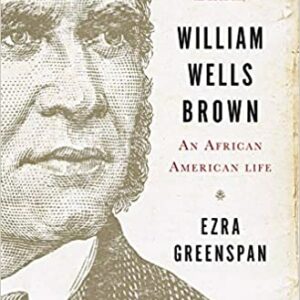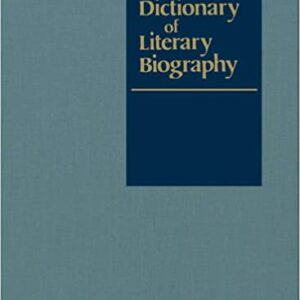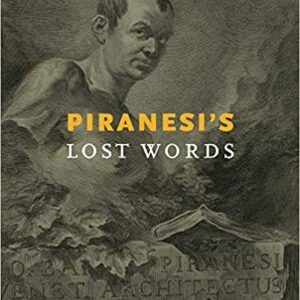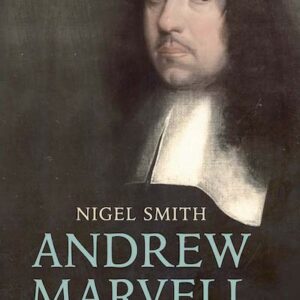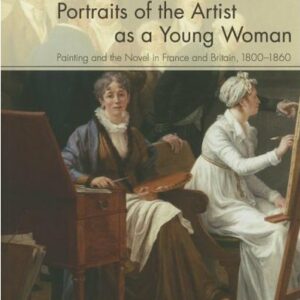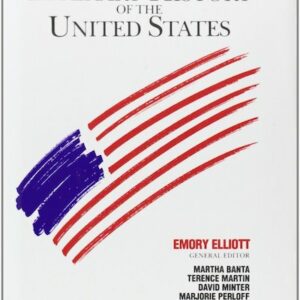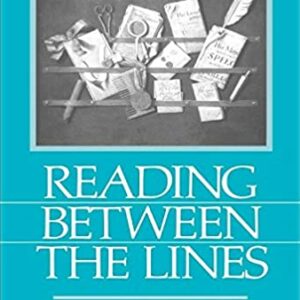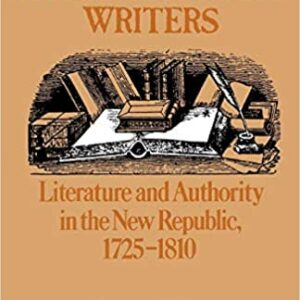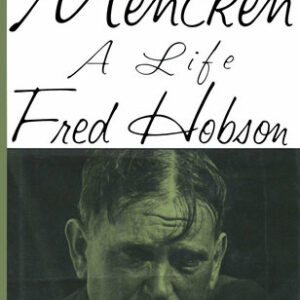
Mencken: A Life
By Fred Hobson (NHC Fellow, 1991–92) Ever in control, H. L. Mencken contrived that future generations would see his life as he desired them to. He even wrote Happy Days, Newspaper Days, and other books to fit the pictures he wanted: first, the carefree Baltimore boy; then, the delighted, exuberant critic of American life. But he … Continued
